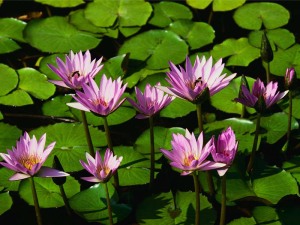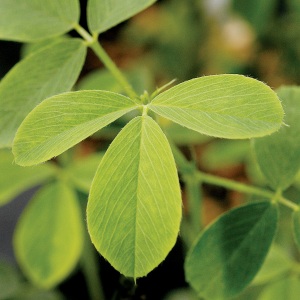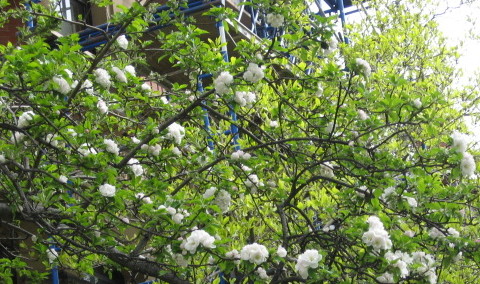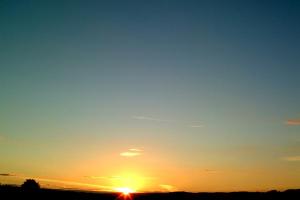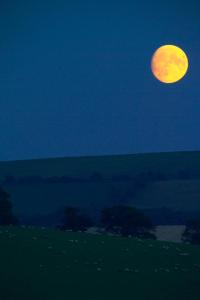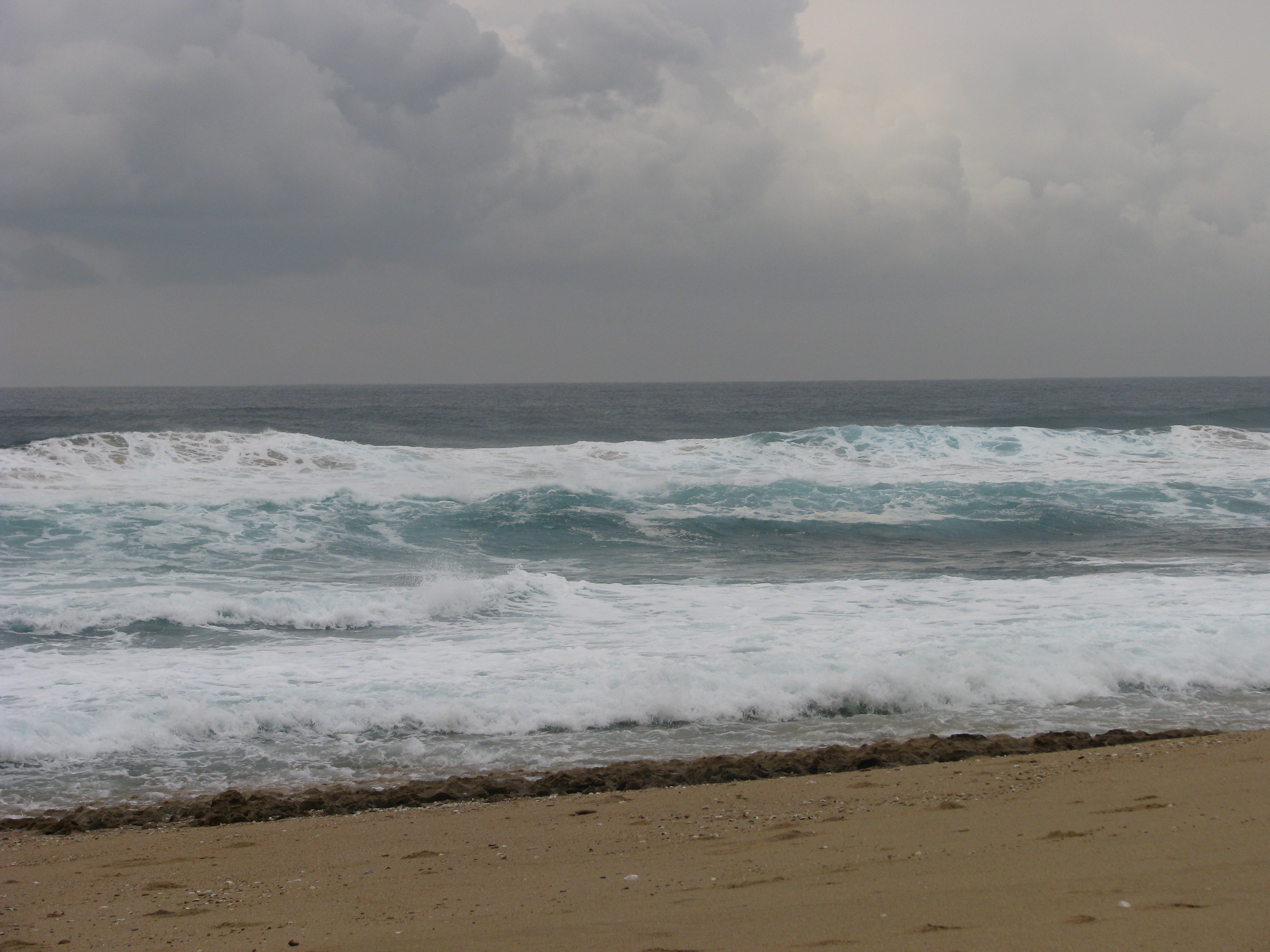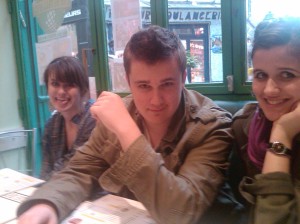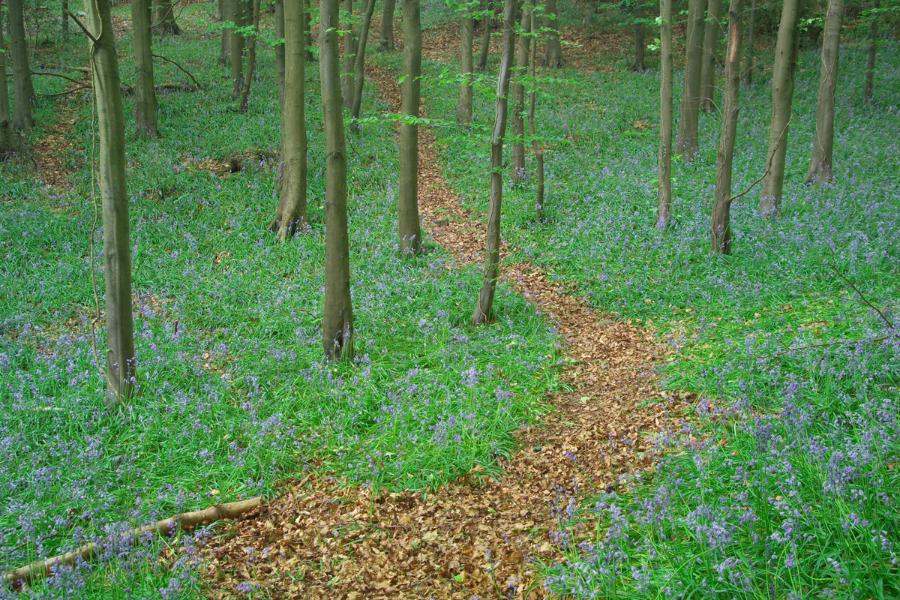AN ELYSIAN LIFE
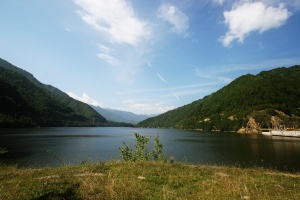 There are moments in mid summer, with senses fully engaged, with nature profligate, that my heart lifts to heaven, being right here and right now.
There are moments in mid summer, with senses fully engaged, with nature profligate, that my heart lifts to heaven, being right here and right now.
Having just trod the trails around Walden Pond with my eldest daughter, I felt a kindred spirit with that guest of Walden (1854), Henry David Thoreau, who said, “The summer, in some climates, makes possible to man some sort of Elysian Life.”
Elysium or the Elysian Fields was a glorious playing ground in the afterlife. This special heaven, envisioned by the ancient Greeks, evolved through oral legend and was mapped out specifically in poems and stories from Pindar to Homer’s Odyssey.
Pindar described it as a place with many shaded parks, where people could enjoy their favorite musical and athletic activities, without striving. An Endless Summer.
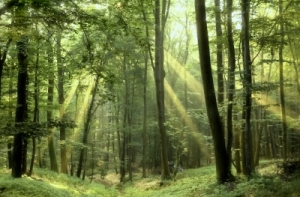 Known to Homer, Elysium was located on the Islands of the Blessed, located at the far west of the end of the earth, those related to the gods or chosen by them, the heroic, and the righteous would live a happy and carefree life surrounded by nature, enjoying many of the things they enjoyed in their past life. No storms, bitter cold, or heavy toil.
Known to Homer, Elysium was located on the Islands of the Blessed, located at the far west of the end of the earth, those related to the gods or chosen by them, the heroic, and the righteous would live a happy and carefree life surrounded by nature, enjoying many of the things they enjoyed in their past life. No storms, bitter cold, or heavy toil.
Thoreau in Walden, pleads his case for simplicity and less striving for enjoying a bit of Elysium right where you are. It is no coincidence that in the same passage he speaks of an Elysian life, he also points to the observation that “The mass of men lead lives of quiet desperation and go to the grave with their song still in them”.
There are many who have said that he was an eccentric elitist, with a bachelor’s ability to philosophize and experiment. But that would not be the whole story. He knows that some that are reading his arguments are factory workers and those barely scraping by, and to these, he offers words of encouragement.
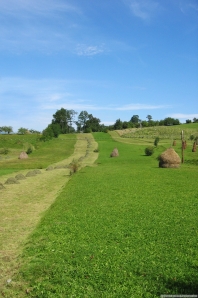 Rather his wrath, as it were, was saved for the middle and upper classes of Boston and Concord societies, who continue to need more and more luxuries and extravagances and in order to get them , have less and less time to enjoy the birds on the water in the early morning or the loveliness of the woods. Essentially, he was the town prophet living on the outside of town, declaring the delusion of need.
Rather his wrath, as it were, was saved for the middle and upper classes of Boston and Concord societies, who continue to need more and more luxuries and extravagances and in order to get them , have less and less time to enjoy the birds on the water in the early morning or the loveliness of the woods. Essentially, he was the town prophet living on the outside of town, declaring the delusion of need.
If possible, for perhaps a half hour or so even, you could step outside and walk or sit or notice. You can be a master of industry in the morning.
Quote for today: “I thank you God for this amazing day, the leaping greenly spirits of trees, and for the blue dream of sky and everything which is natural, which is infinite, which is yes.” – e.e. cummings

